Speaking at the opening of the diplomatic mission Peter Szijjarto emphasized that dividing the world into blocs is harmful, while connectivity and global cooperation based on mutual respect are beneficial – even if that sounds like an overly simplified statement. He stressed that today it is very important to recognize this, as humanity has once again entered an age of perils and wars, the most tense period since the Second World War.
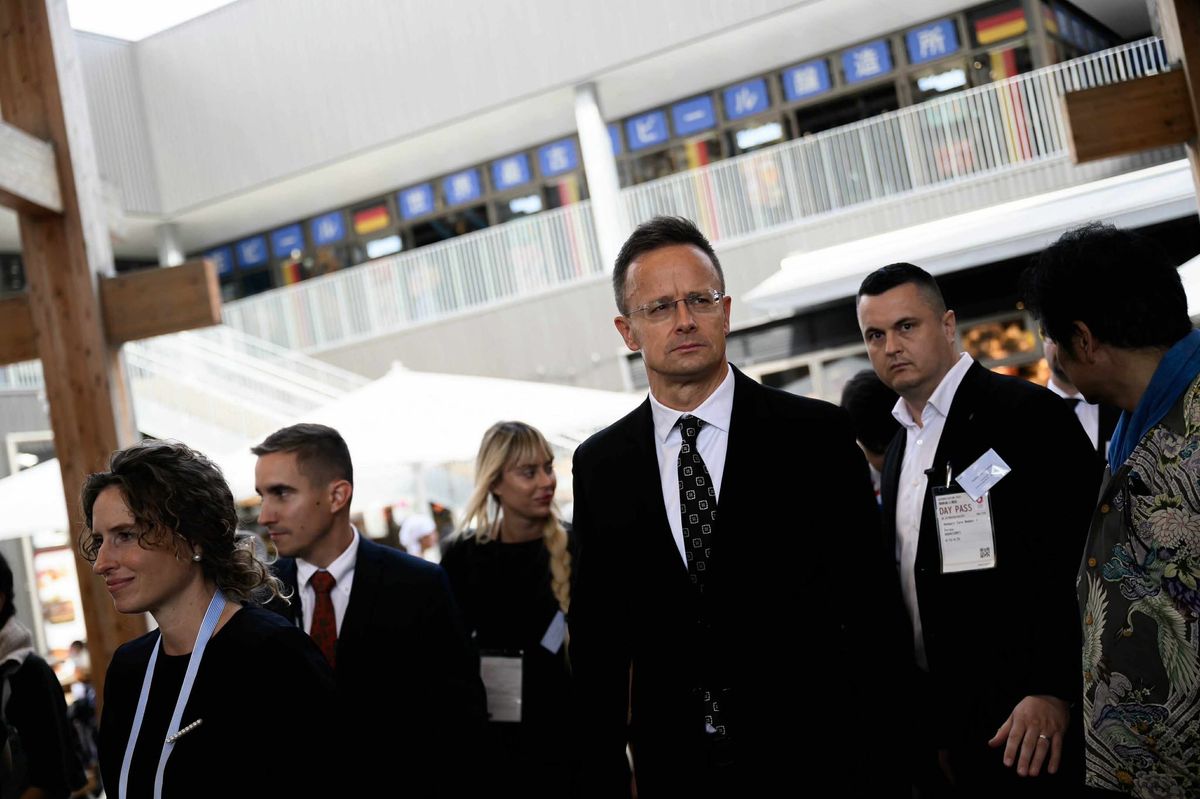
There are plenty of challenges to which there is a variety of possible answers. One possible answer is to cut ties and energy delivery routes that have worked well for decades, and sanction each other,
Peter Szijjarto said, according to a ministry statement.
We propose another way based on experience, because the last time the world was divided into blocs, it ended up being very damaging for us. We believe the solution to the world’s current problems is diplomacy and dialogue. The solution would be international politics returning to the grounds of mutual respect,
the foreign minister continued. Peter Szijjarto underlined that cooperation between Hungary and Japan has always been based on mutual respect, and that the Osaka World Expo offers an excellent opportunity to strengthen ties. As a tangible symbol of this, Hungary is the first Central European country to open a consulate in the city.
He also recalled that during talks in Tokyo the previous day, both sides agreed that strengthening cooperation is necessary, something difficult to imagine without the Kansai region and western Japan. He pointed out that the economic output of the Kansai region surpasses that of Switzerland or Turkiye, and that many of the 181 Japanese companies operating in Hungary have their headquarters there.
In addition, Japan’s only university with a Hungarian language department is located here, as is an institute that applies the world-famous Hungarian development method, the Peto conductive therapy,
he noted. Hungary's consulate in Osaka will therefore be able to serve the development of economic, political, and interpersonal relations excellently, he added. The minister then praised the results of bilateral cooperation to date, noting that 46 Japanese companies have invested in Hungary with the support of the Hungarian state over the past ten years.
We are proud that more than 30,000 Hungarians work for Japanese companies in Hungary. We are also proud to have strategic cooperation agreements with seven major Japanese companies, including Suzuki, Bridgestone, and Zoltek,
he said. "Nine thousand kilometers separate us geographically […] We have successfully bridged this gap with human, political, and economic ties, and now, with the opening of the consulate in Osaka, we have another tool to take the cooperation between Hungary and Japan to a new level," he explained. Finally, he touched on the incredible technological revolution currently underway in the world, in which Japan is absolutely at the forefront.
We Hungarians do not want to watch this technological revolution from the sidelines, but we want to be among those who are leading it, and cooperation with Japan will help us in this,
he said.
That is why (…) we are strengthening our cooperation as much as possible in three critical areas: peacebuilding, space exploration, and the nuclear industry. This requires personal presence, because no matter how widespread artificial intelligence becomes, we hope that there will never be any alternative to human relationships and personal presence,
he concluded.
Cover photo: Hungarian Minister of Foreign Affairs and Trade Peter Szijjarto (Source: Facebook)
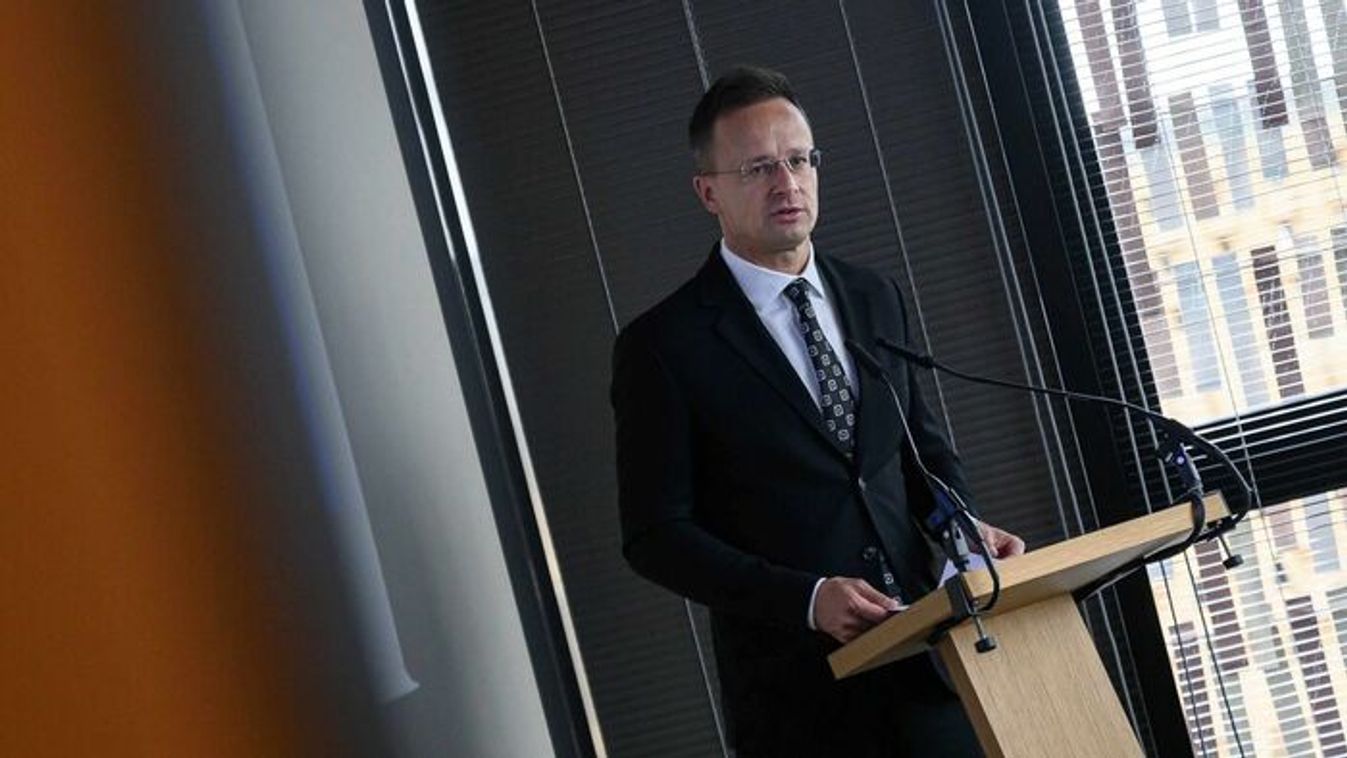

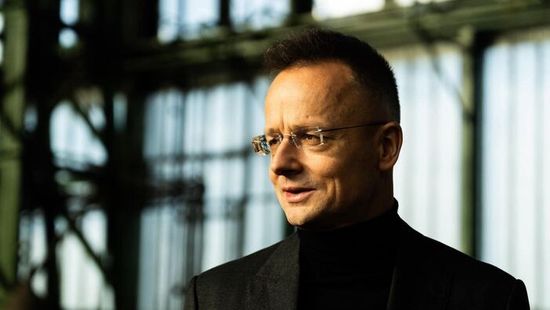
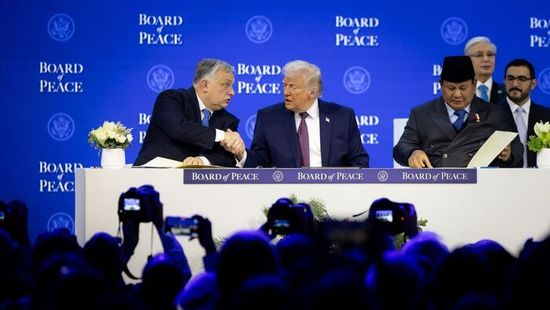


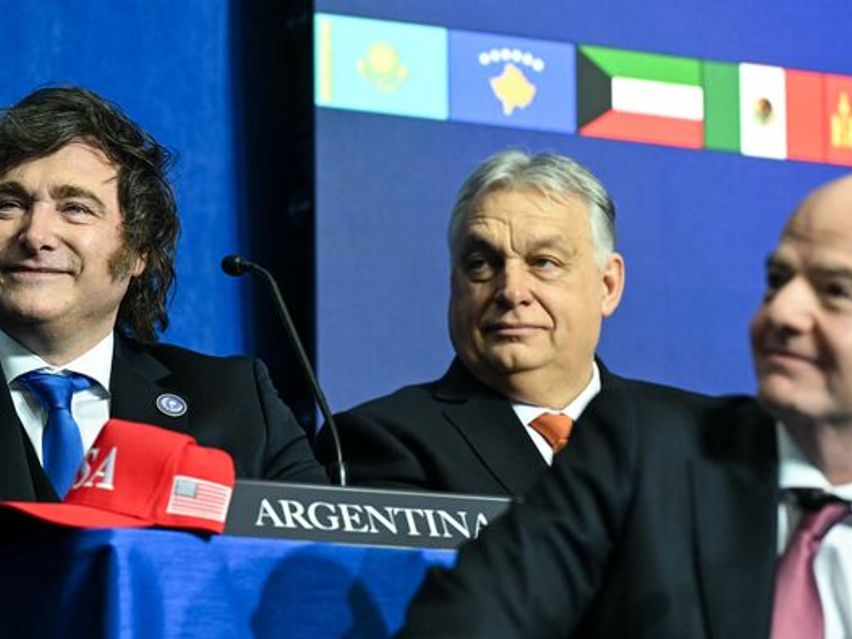
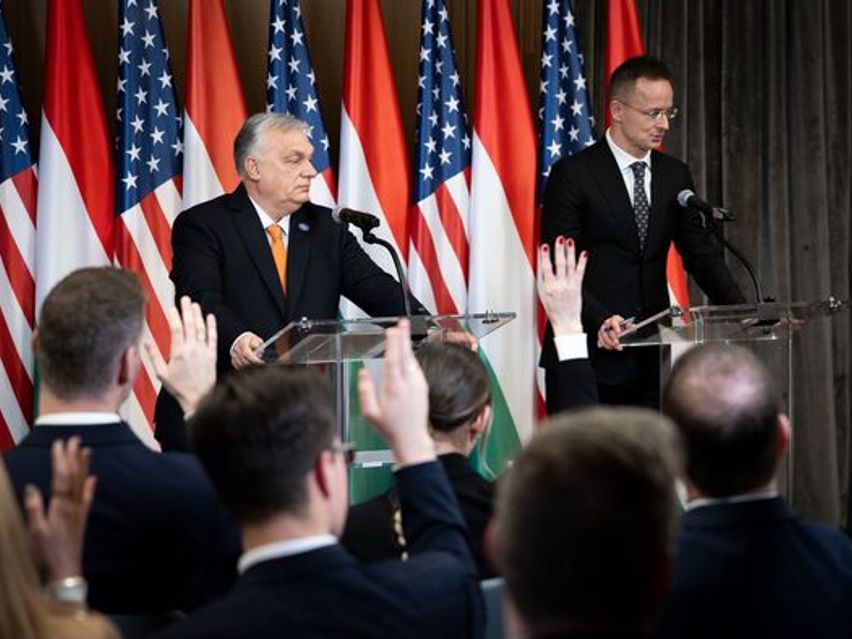
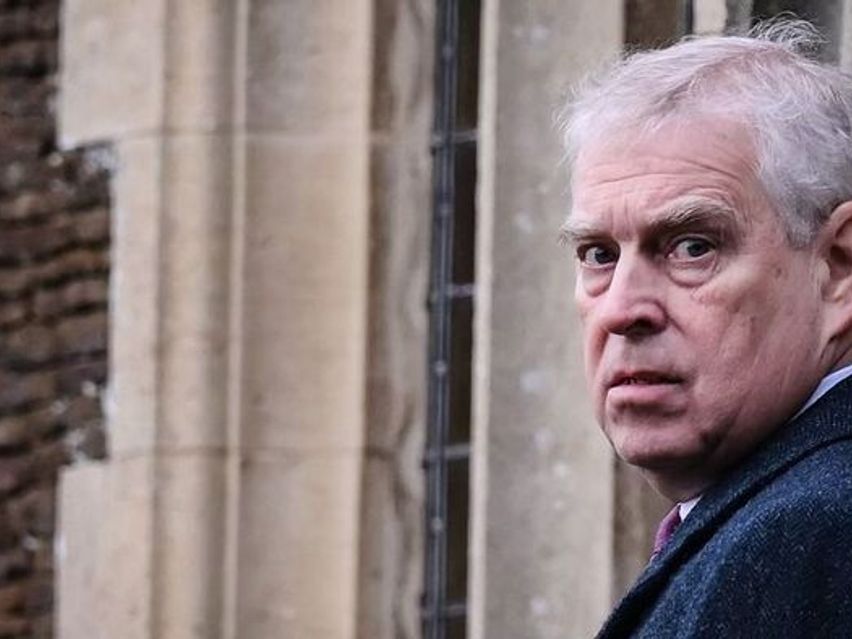


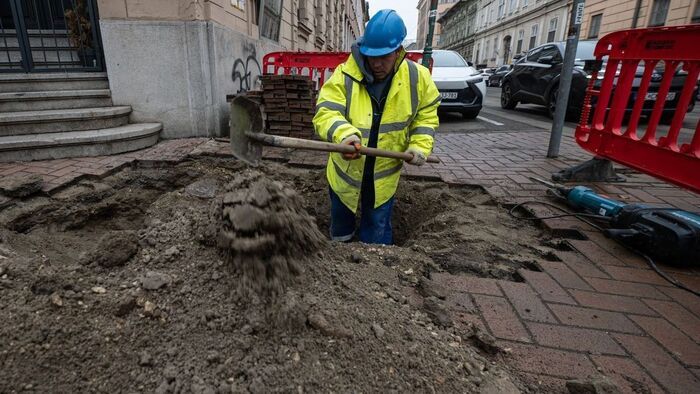



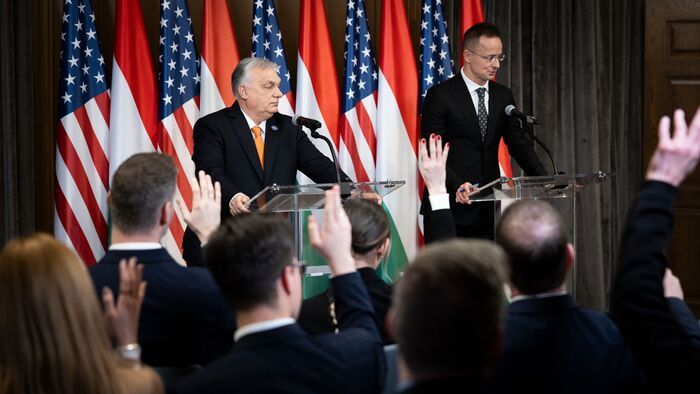
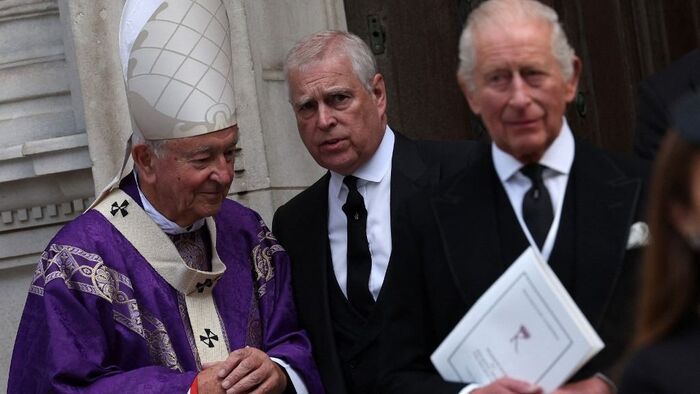
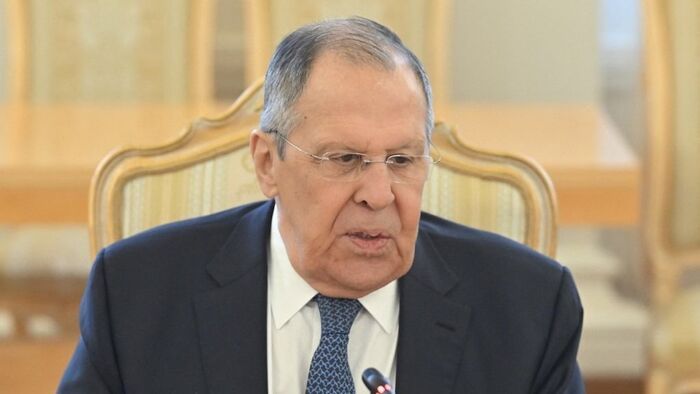



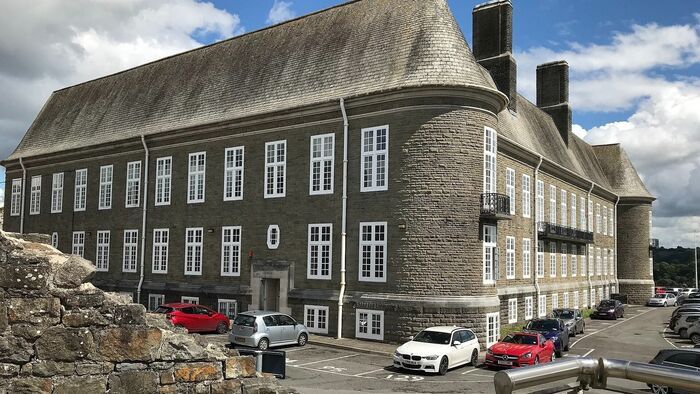

Szóljon hozzá!
Jelenleg csak a hozzászólások egy kis részét látja. Hozzászóláshoz és a további kommentek megtekintéséhez lépjen be, vagy regisztráljon!